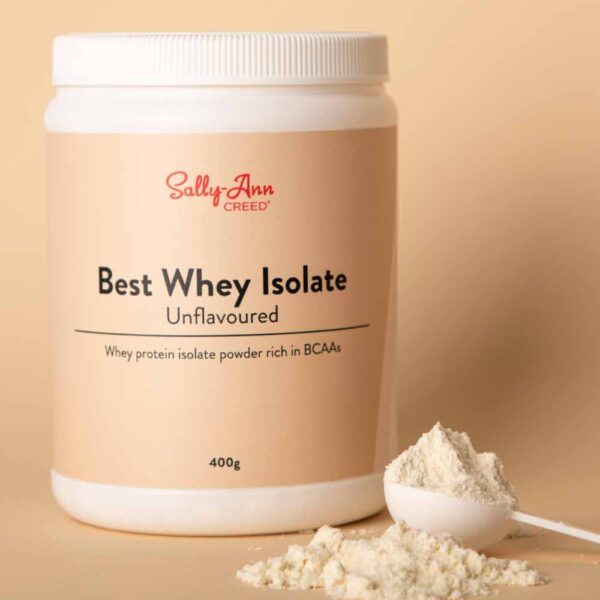Eggs are a powerful nutritional inclusion in your diet – they’re a rich source of full-spectrum protein, healthy fats, and micronutrients like iron and B12. In fact, eggs have every single nutrient needed for life other than Vitamin C!
Always aim for pasture-raised eggs for the best nutrient profile as chickens eat their a natural diet like grasses, seeds, weeds, insects, worms etc, and do all the things chickens do to remain healthy (scratching, roaming, and playing in the sun). This results in healthier chickens and a higher quality egg, richer in omega 3 fatty acids, vitamin E, and beta carotene. Eggs are one of the healthiest foods on the planet. Never miss an opportunity to have an egg/s.
Some healthy ways to cook eggs:
- Poach them: by putting them into gently boiling water, and remove when the white has set – around 3-4 minutes, to allow the yolk to remain runny.
- Boil them: by deciding on how hard you want the urn on your timer from when the water begins a rolling boil.
- Soft-boiled eggs will only take 3-4 minutes, otherwise do it for 6-8 minutes.
- Fried: use some butter, crack the egg in and cover with a lid to have an over-easy egg. Add a little water to the pan to steam the top and cook it.
- Scrambled (my favourite): again use butter (never use oil or margarine), and scramble it the way you like.
- Omelette: We all seem to make these a different way, and It’s really great to add in mushrooms, peppers, onions, spinach – anything you like. A good way to ‘hide’ veggies in there for kids too 🙂
- Fabulous to make a healthy homemade quiche with all sorts of delicious things in it. A quick, easy and healthy breakfast, lunch or dinner. Just add a salad and you have one of the nicest meals.
Bottom line: just eat eggs. Daily if you can, they are so incredibly healthy.






